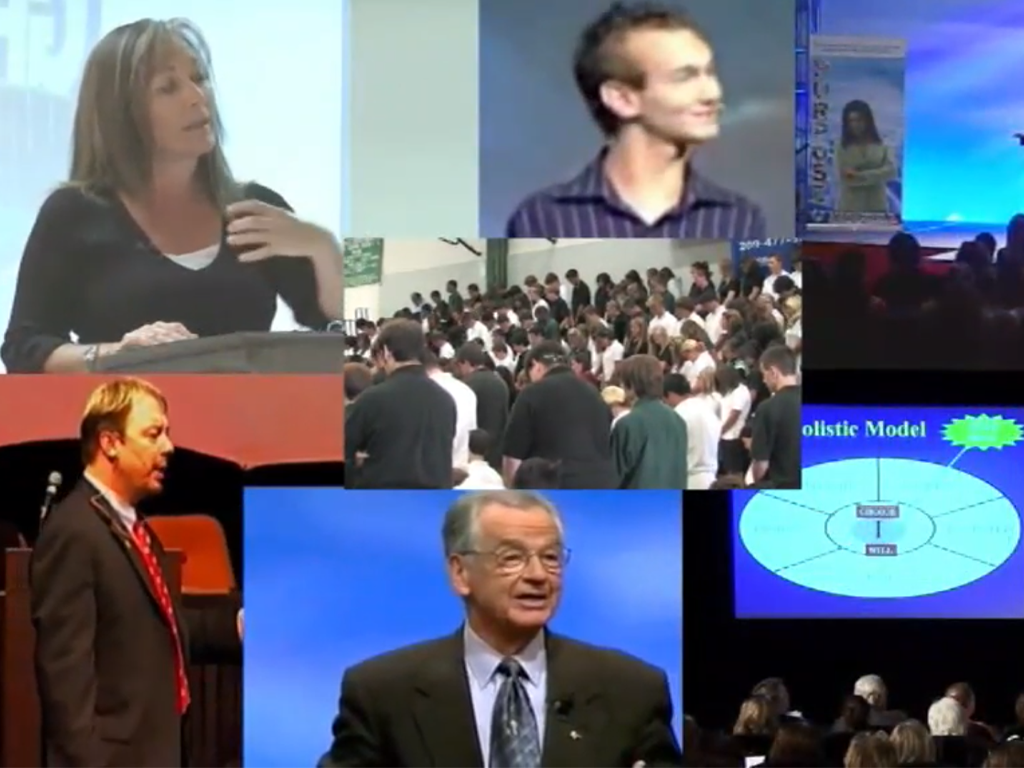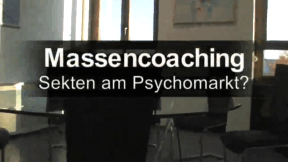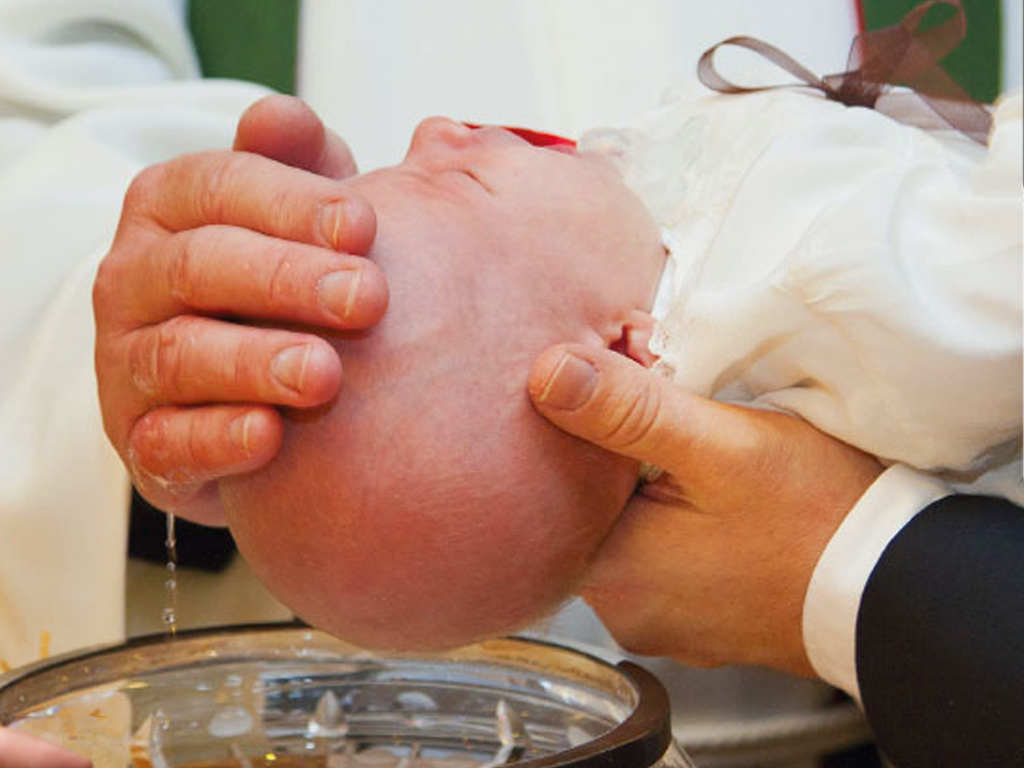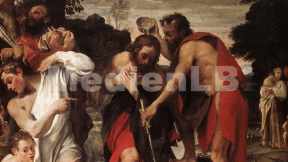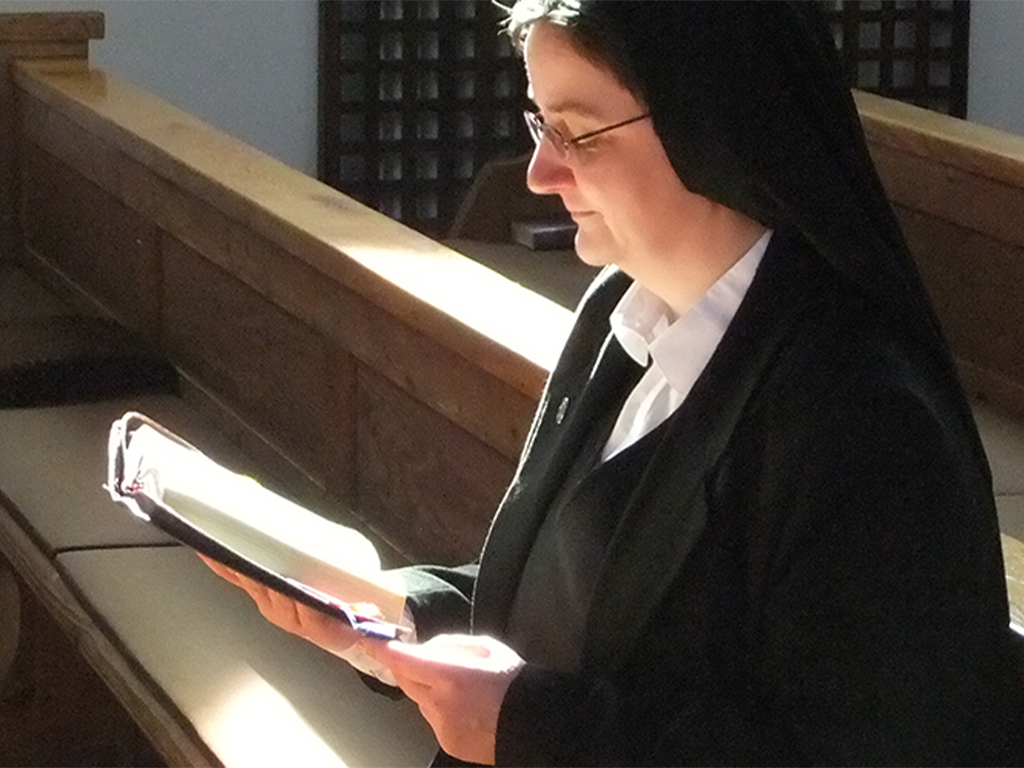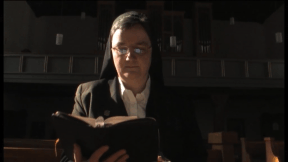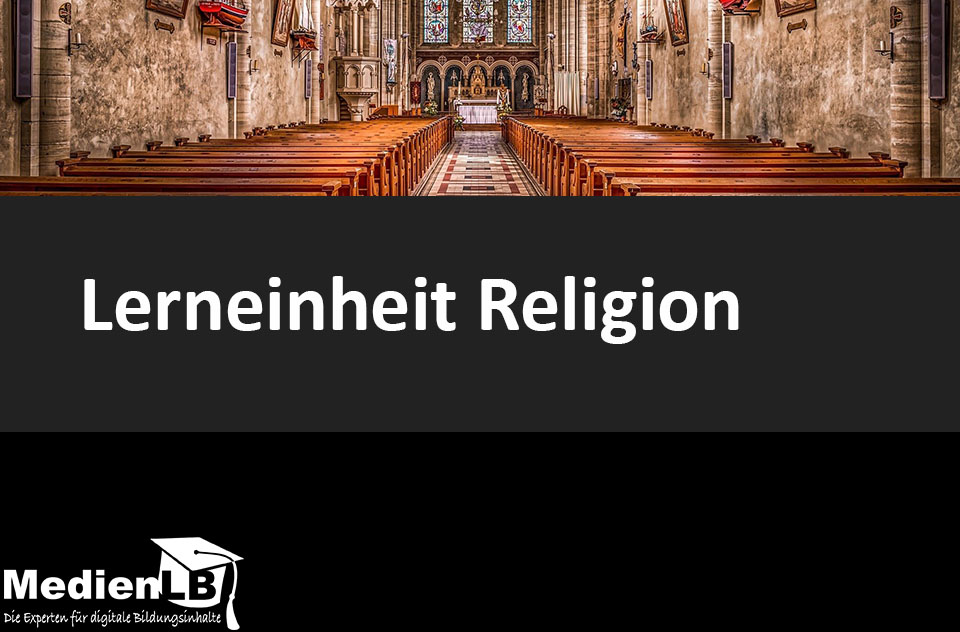

55503546
Was ist eine Kirche?
Für den Unterrichtempfohlen
In 10 interaktiven Aufgaben werden die Besonderheiten katholischer und evangelischer Gotteshäuser erklärt und anschließend abgefragt.
Das Medium bietet H5P-Aufgaben an, die ohne zusätzliche Software verwendbar sind.
Durch interaktive Aufgabentypen wird das audiovisuelle und interaktive Lernen einfach.
Lernen macht jetzt Spaß!

Included Tasks
- I Was ist (eine) Kirche? - Interaktive Aufgaben
- Warum gibt es Kirchen? - Video und Interaktive Aufgaben
- Kennst du diese Gegenstände in der Kirche? - Interaktive Zuordnung
- Kreuz; Altar und Orgel und ihre Bedeutung - Interaktive Infokarten
- Katholisch; Evangelisch; Ökumenisch - Interaktive Aufgaben
- Gemeinsamkeiten Katholisch & Evangelisch - Interaktive Aufgabe
- Kirche: Das Gebet - Interaktive Aufgaben
- Weiteres Kirchenwissen - Definitionen interaktiv
- Kirchenquiz - Interaktives Kreuzworträtsel als Test
- Spiel: Symbole in der Kirche - Finde die Bildpaare
- II Liturgie - Video und Interaktive Aufgaben
- III Jahreskreis der Kirchenfeste & Jahreszeiten - Infotafel zum Anklicken
- IV Der Weihnachtskreis - Interaktive Aufgaben
- V Der Osterkreis - Video und Interaktive Aufgaben
- VI Das Pfingstfest - Video & Interaktive Aufgaben
- VII Zeitliche Reihenfolge der Kirchenfeste - Zuordnungsaufgabe
- VIII Exkurs: Feste in anderen Religionen - Interaktiver Dialog
- IX Festtagswissen - Interaktive Lernstandkontrolle
- X Spiel: Suchsel - Finde die Kirchenfeste
Curriculum-centred and oriented towards educational standards
Matching
Mass Coaching
It has long been generally recognised that the modern working world often pushes people to the limits of their stress resistance. In many professional fields and enterprises all work and efforts are dominated by the maxim: “success“. Cheerful, motivated, vigorous and full of youthful energy employees are to engage themselves in their companies or present themselves in job applications. But what happens when the success in life, the motivation and the joy of work fail to materialise fort the most various reasons?
Catholic and Protestant Baptism
As an important ritual of the Christian faith, baptism is closely connected with the traditional stories of the prophet John the Baptist, who is said to have lived in Jesus’ lifetime. John baptised people in the River Jordan, located at the present-day border between Israel and Jordan in the Middle East. Baptism and water were symbols of people’s confession of past sins and return to the right track in life. One day, Jesus and some of his disciples are said to have come to John to have themselves baptised.
Prayer
The prayer, a fundamental religious act, which may be formulated in the form of a request, a thanksgiving or as a dialogue. Whether in Islam, Christianity, Buddhism, Hinduism or Judaism – in all five world religions, the prayer is a communion with their God or a Higher Power. Thanking God, asking him for something, recapitulating the day, finding peace – all that can be contained in a prayer. We pray because we are looking for answers, consolation and strength and because in times of stress we seek peace and reflection. Some people also pray out of tradition or out of a sense of duty to their God. Some may also wish to have their prayers answered. There are studies investigating whether what we ask for in prayer actually comes true. The results, however, are not unequivocal. But to the one who prays this is no reason to stop. For the benefit of prayer cannot be measured by studies. For many the happiness of praying consists less in having their requests answered than in their contact with God. Together with the extensive accompanying material the DVD is perfectly suited for use in the classroom. Target group: primary school, special needs school, secondary school




